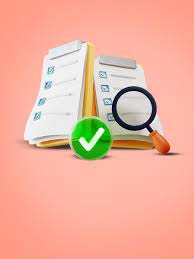How to Start a 401(k) for Small Business
Introduction Providing a retirement plan is one of the best ways for small business owners to attract and retain employees while securing their own financial future. A 401(k) plan helps employees save for retirement with tax advantages and potential employer contributions. Setting up a 401(k) plan might seem complex, but with the right steps, small… Read More »









